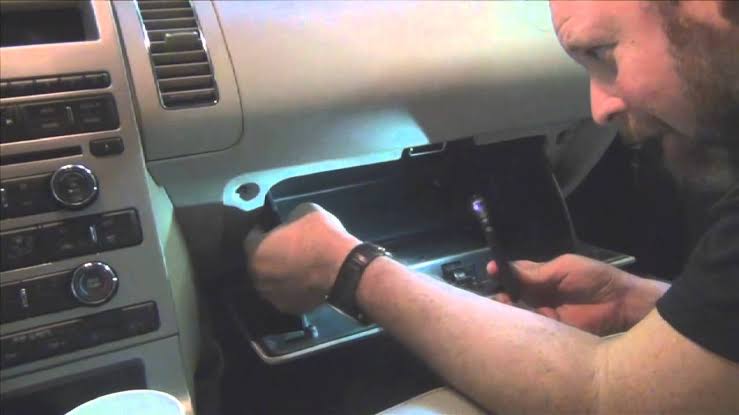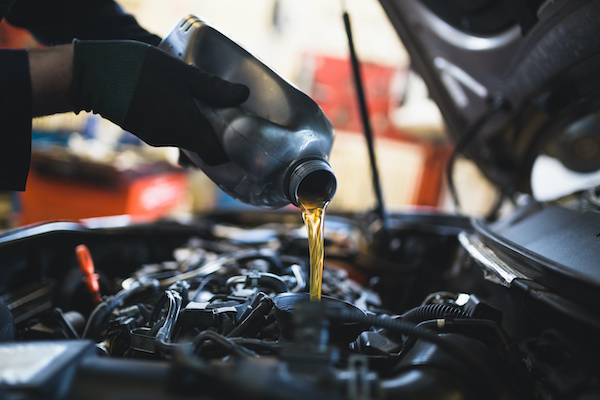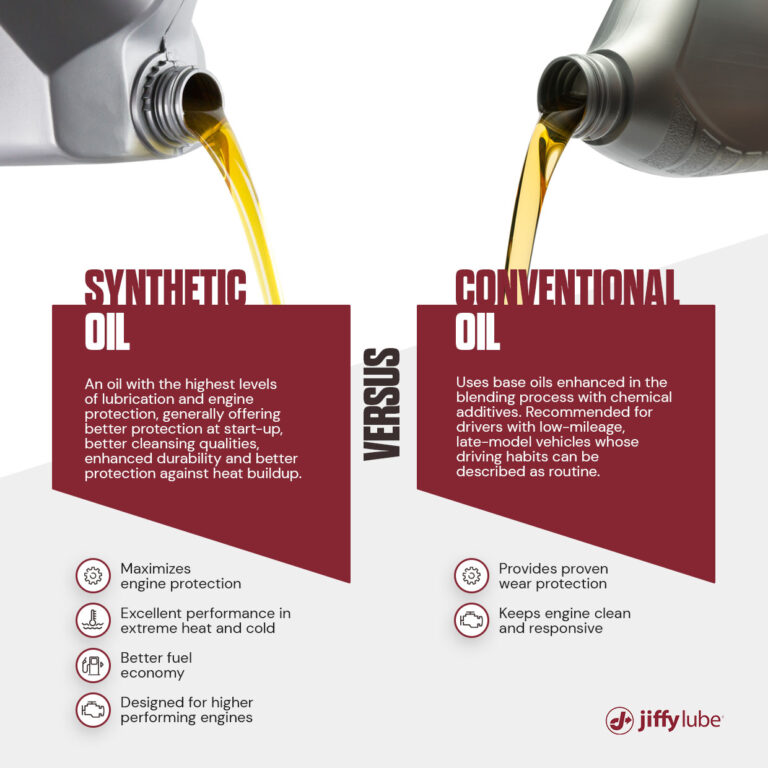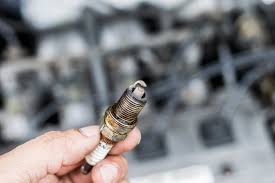Will Flex Seal Work on a Gas Tank?

Flex Seal is a popular rubberized spray sealant designed to create a waterproof, airtight seal on various surfaces. While it has proven effective in sealing leaks in numerous applications, using Flex Seal on a gas tank is not recommended for several important reasons.
How Flex Seal Works
Flex Seal is a liquid rubber coating that, when sprayed onto a surface, dries into a flexible, waterproof layer. It’s commonly used for sealing leaks in roofs, pipes, and other containers. However, when it comes to applications involving fuel, such as a gas tank, there are certain limitations.
Why Flex Seal Isn’t Ideal for Gas Tanks
- Exposure to Fuel:
Gas tanks are constantly exposed to gasoline, which is a highly volatile and corrosive substance. Flex Seal is not specifically designed to withstand prolonged exposure to gasoline, and over time, the chemical properties of gasoline could break down the sealant, leading to a loss of effectiveness. - Safety Concerns:
Gasoline is highly flammable, and using a product like Flex Seal on a gas tank could present significant safety risks. If the sealant is not properly applied, it may not form a secure seal, leading to potential leaks that can cause fire hazards. - Pressure Build-Up:
Gas tanks are designed to withstand internal pressure from fuel vapors. Flex Seal may not be able to handle this pressure adequately, which could lead to the seal breaking down or even causing more damage to the tank over time.
When Flex Seal Could Be Useful
If you have a small, non-fuel-exposed area of the gas tank that is leaking, such as a minor crack or small hole away from the fuel lines, Flex Seal might work as a temporary patch. However, this is not a recommended long-term solution, and you should get your gas tank professionally repaired or replaced as soon as possible.
What to Do If You Have a Leaking Gas Tank
- Professional Repair:
The best way to handle a leaking gas tank is to take it to a professional mechanic. They can properly seal or replace the tank to ensure the problem is resolved safely. - Fuel Tank Sealant:
If you’re looking for a temporary fix, there are products specifically designed for fuel tank repairs, such as fuel tank repair kits. These are designed to work with gasoline and provide a more reliable and safe temporary solution than Flex Seal. - Replacing the Tank:
In many cases, if the gas tank is significantly damaged, it’s safer and more cost-effective to replace it entirely rather than attempting to seal it with any kind of product.
FAQs
Q: Can Flex Seal handle the heat from a gas tank?
A: While Flex Seal can handle moderate heat, it is not specifically designed to withstand the high temperatures and conditions inside a gas tank, especially under prolonged exposure to gasoline.
Q: Is there a better solution for sealing a gas tank?
A: Yes, there are fuel-specific repair products and sealants designed to withstand gasoline and the conditions inside a gas tank. These are a better choice for dealing with leaks.
Q: Can I drive with a leaking gas tank?
A: No, driving with a leaking gas tank is dangerous and poses a significant fire risk. If your gas tank is leaking, you should stop driving immediately and have it repaired or replaced.
Conclusion
While Flex Seal is a versatile product, it is not suitable for sealing gas tank leaks due to its inability to withstand gasoline exposure and the high-pressure conditions inside a gas tank. For a safe and permanent solution, it’s best to consult with a professional mechanic and use products specifically designed for fuel tank repair.
Also Check:





